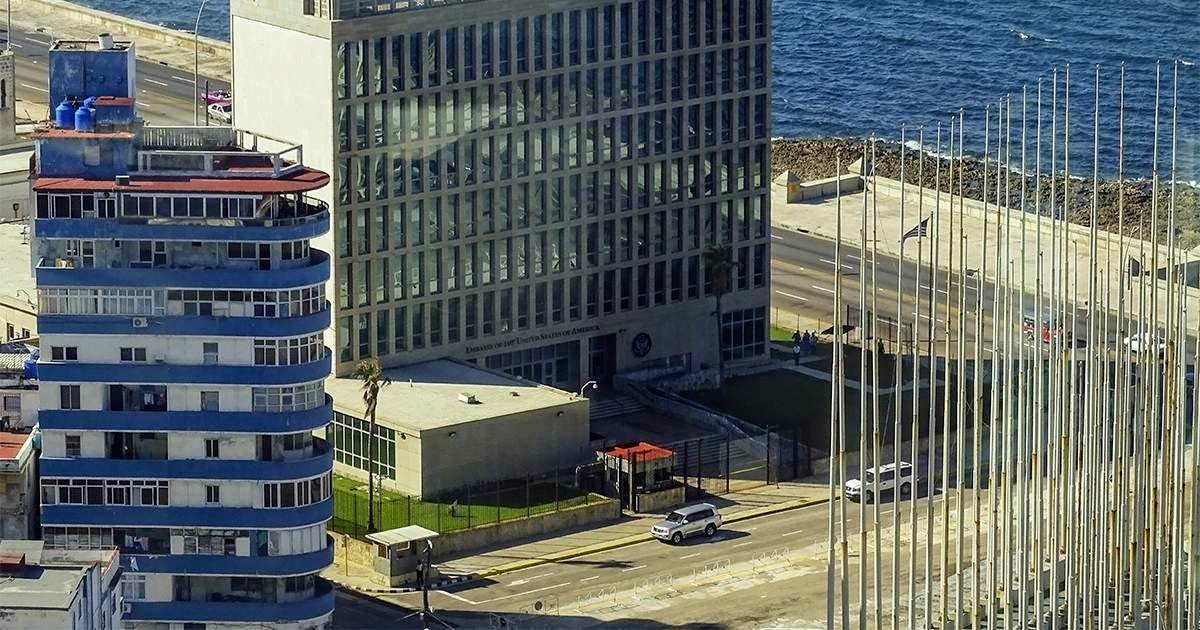The National Institutes of Health (NIH) of the United States announced on Friday the suspension of their investigation into the mysterious "Havana Syndrome", which has afflicted American diplomats, soldiers, and spies.
The condition, first reported in Havana in late 2016, has baffled the medical and intelligence communities, with over 1,500 cases reported across 96 countries. The NIH stated that the decision to halt the investigation was made "out of an abundance of caution" after it was discovered that some participants had been coerced into joining the study, according to CNN.
Although the NIH did not disclose who exerted the coercion, it clarified that it was not the NIH. This revelation has raised concerns, as voluntary consent is a fundamental principle of research ethics.
Some affected individuals have pointed fingers at the CIA, claiming they were forced to participate as a condition for receiving medical care. Marc Polymeropoulos, a former CIA official and advocate for the victims, told CNN in May that participation was "ordered" by senior agency officials. However, the CIA denied these allegations in a statement issued in March.
Despite efforts to understand the cause of this mysterious condition, studies have not found conclusive evidence of brain damage or significant differences between affected individuals and a healthy control group. Nonetheless, experts like Dr. David Relman from Stanford University warn against dismissing the severity of the syndrome, as other research has identified brain anomalies.
Ongoing Speculations
The "Havana Syndrome" has been the subject of speculation for years, with theories ranging from a new type of weapon to attacks orchestrated by foreign adversaries. However, the U.S. intelligence community has not linked the cases to any specific country, leaving the origin of this illness shrouded in mystery.
Amidst this backdrop, Cuban leader Miguel Díaz-Canel took to Twitter to criticize the narrative surrounding the "Havana Syndrome" as a "false pretext" for including Cuba on the list of state sponsors of terrorism and reinforcing U.S. sanctions. "The false Havana Syndrome can no longer withstand studies," Díaz-Canel stated, referring to what he considers political manipulation of the situation.
The controversy surrounding the "Havana Syndrome" remains a sensitive issue, impacting both U.S. domestic policy and international relations. As the investigation is suspended, questions about the origin and nature of this affliction remain unanswered, fueling skepticism and distrust among the victims and the global community.
In April, an investigative report by The Insider, in collaboration with 60 Minutes and Der Spiegel, provided evidence of the use of "directed energy weapons" by members of Russia's military intelligence unit 29155 as the cause of the so-called "Havana Syndrome." The detailed journalistic work revealed that members of the Kremlin's military intelligence sabotage squad had been located at the sites of alleged attacks against U.S. government personnel abroad and their families.
Key Questions About the "Havana Syndrome"
Given the ongoing controversy and the recent suspension of the investigation, here are some frequently asked questions to shed more light on the "Havana Syndrome."
What is the "Havana Syndrome"?
The "Havana Syndrome" is a mysterious illness that first appeared among American diplomats in Havana, Cuba, characterized by symptoms such as dizziness, headaches, and cognitive difficulties.
Why was the investigation into the "Havana Syndrome" suspended?
The NIH suspended the investigation after discovering that some participants were coerced into joining the study, raising concerns about the ethics of voluntary consent.
Who is suspected of coercing participants into the study?
Some victims have accused the CIA of coercion, although the agency has denied these allegations.
What theories exist about the cause of the "Havana Syndrome"?
Theories range from the use of directed energy weapons to attacks by foreign adversaries, but no conclusive evidence has been found to link the syndrome to any specific cause or country.
